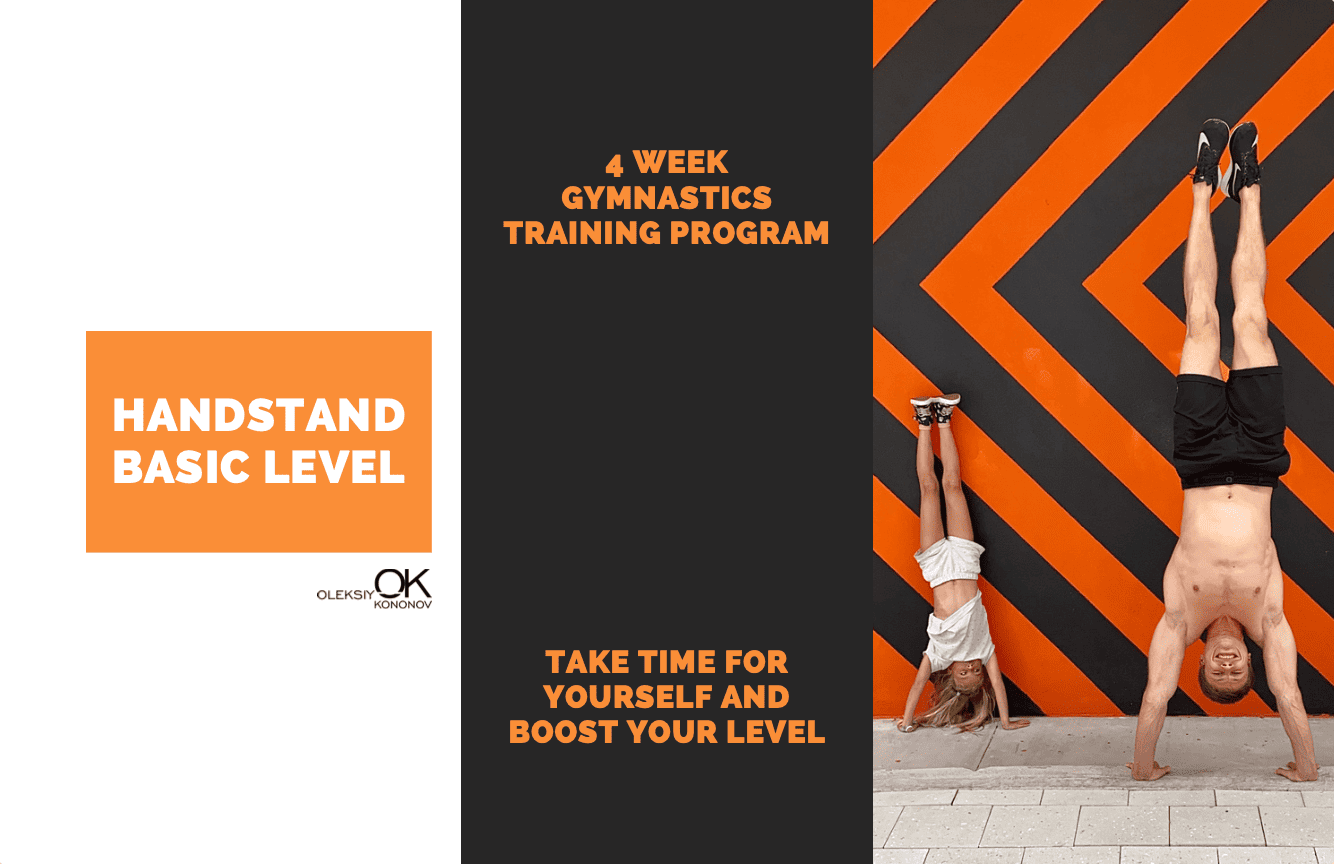The Signal: Identity, Trust And Mental Health
Nov 25, 2025
Life Lessons Beyond English Class: The Signal — Identity, Trust, And The Invisible Battles We All Fight
There are moments in life when a simple conversation suddenly becomes much bigger than grammar practice or vocabulary.
This morning’s English lesson turned into something else — a mirror. A reminder. A signal.
And since I promised myself that my blog will become my personal notebook — a place where I save important thoughts, lessons, reminders for the days when life feels heavy — I want to keep this one here.
Because this one matters.
When You Realize You Are Not Who You Used to Be
We talked about The Signal — Episode 6, Season 2 of Ted Lasso.
One of my favorite episodes.
The storyline is simple: Jamie learns how to be himself again. Roy gives him a signal to stop pretending and play like the real Jamie Tartt.
It sounds like football.
But this is life.
Because at some point every one of us stops being ourselves.
You grow up funny, positive, light — and then the world tells you:
- “Be serious.”
- “Don’t laugh too much.”
- “Don’t be too loud.”
- “Don’t be too soft.”
If you grow up in sports, like I did, these messages become even stronger.
And slowly, day by day, you stop being you.
I remember when I was around 20–22, reading a lot of books, learning new things, trying to grow. Someone told me:
“Alex, you’re strange. You always change your opinion. You are always learning something new.”
Back then, I took it as criticism.
Now, I understand: being the same person forever is not a good signal.
Growth means movement.
Movement means evolution.
The world changes every day.
And if you refuse to change — you’re not stable, you’re stuck.
But here is the conflict:
When you finally allow yourself to be YOU again — people around you may not like it.
They’re used to the old version of you.
And your freedom can feel uncomfortable for them.
But it doesn’t matter.
Identity belongs to you.
Not to others.
The Power of Understanding Someone Deeply
During our conversation, my teacher asked:
“How does understanding someone’s personality help you give better advice?”
The answer felt so obvious to me — maybe because my whole life is built around coaching.
You cannot give advice to a person you don’t understand.
You cannot support someone you never listened to.
You cannot help if your mind is thinking about your own stories instead of theirs.
Most people listen only to reply.
Not to understand.
But when you truly listen — something changes.
You see the real person.
Not the mask.
Not the performance.
Not the role they are forced to play.
Real coaching, real love, real friendship — all begin with listening deeply.
Vulnerability: The Strength You Don’t Want to Show, But Must
We also discussed vulnerability.
It’s funny.
We all know that being human matters.
But we are still afraid to show it.
Growing up as an athlete in Ukraine in the 90s, “vulnerability” didn’t exist.
If you were afraid, stuck, or mentally blocked — the answer was:
“Are you stupid or what? Just do it.”
Nobody talked about mental strength.
Nobody had therapists.
Nobody taught us how the brain reacts under pressure.
Later, when I watched the Netflix documentary about Simone Biles, everything suddenly made sense for me.
Mental blocks are real.
Your brain can “bug” like a computer.
You can twist when you don’t want to twist.
You can lose control for no logical reason.
And you can’t fix it by force.
I lived through this myself.
My backflip turning into something else.
My brain doing things I didn’t ask it to do.
My body acting before I could stop it.
Athletes are not machines.
We are humans with nervous systems.
Simone’s story showed the world something we athletes have known forever — mental health is not weakness; it’s the foundation.
In gymnastics, it is not 20% of the result.
It’s not even 50%.
It’s 80%.
Secrets, Trust, And the Invisible Line Between Privacy And Protection
We talked about secrets too.
And this one is complicated.
Keeping secrets builds trust.
Breaking them destroys it.
But what if the secret is a cry for help?
What if someone is not safe?
What if silence hurts more than honesty?
There is no perfect answer.
But I believe this:
- If someone’s life or health is in danger — you must act.
- If someone is simply afraid — you must support.
- And if someone trusts you — you must honor it.
Trust is a delicate balance.
Sometimes you protect it by keeping quiet.
Sometimes by speaking.
And knowing the difference…
that’s wisdom we all keep learning.
The Teamwork Lesson I Learned 12 Meters Above the Ground
There is one part of my life that always surprises people — the High Bar work in Cirque du Soleil.
When I tell people that someone jumps toward me from 12 meters and I must catch them in the air, they think the hardest part is the physical strength.
They are wrong.
The hardest part is trust.
Because here is the secret:
If both people try to “catch” each other — the trick fails.
Every time.
One flies.
One catches.
One acts.
One responds.
If both try to control — it breaks.
This is the same in teams, relationships, business, coaching.
Trust is not a feeling.
It is an agreement.
“Do your part.
I’ll do mine.
We don’t panic.
We don’t overthink.
We freeze when we must freeze.
We move when we must move.”
When it works, it feels like flying.
When it doesn’t — nothing works at all.
This is why I always say:
Trust is the glue of any great team.
Without it, there is no performance.
Only chaos.
Shared Leadership: The Level You Reach When Everyone Knows the Track
In the show, my team had one leader — the person who gave the final signal if something went wrong.
But in reality, leadership is shared.
At the highest level, nobody micro-manages.
Nobody babysits.
Nobody controls every step.
Everyone knows the music.
Everyone knows their role.
Everyone knows the track.
You only give signals when something unexpected happens.
This is the dream version of any team — sports, family, business, community.
But it doesn’t happen overnight.
To reach this level, you first need:
- discipline
- repetition
- consistency
- trust
- shared values
- shared mission
- shared responsibility
Leadership is not a crown.
It’s a collective agreement.
And when it works — it feels like art.
Like harmony.
Like freedom.
Closing Thoughts — And a Note to My Future Self
Today’s conversation reminded me of something simple:
We grow when we talk deeply.
We change when we reflect.
We evolve when we allow ourselves to be human.
This blog is not just content for others.
It’s a tool for me.
A place to return when I forget who I am.
A notebook I can open when life feels heavy.
A reminder that identity, trust, and vulnerability are not “soft” concepts.
They are the real foundation of a strong, active, healthy life.
If you’re reading this — I hope it gives you something too.
A thought. A signal. A moment of reflection.
And if life ever feels confusing, remember:
You’re allowed to grow.
You’re allowed to change.
You’re allowed to be human.
I believe in you.
And I believe in the power of honest conversations.




